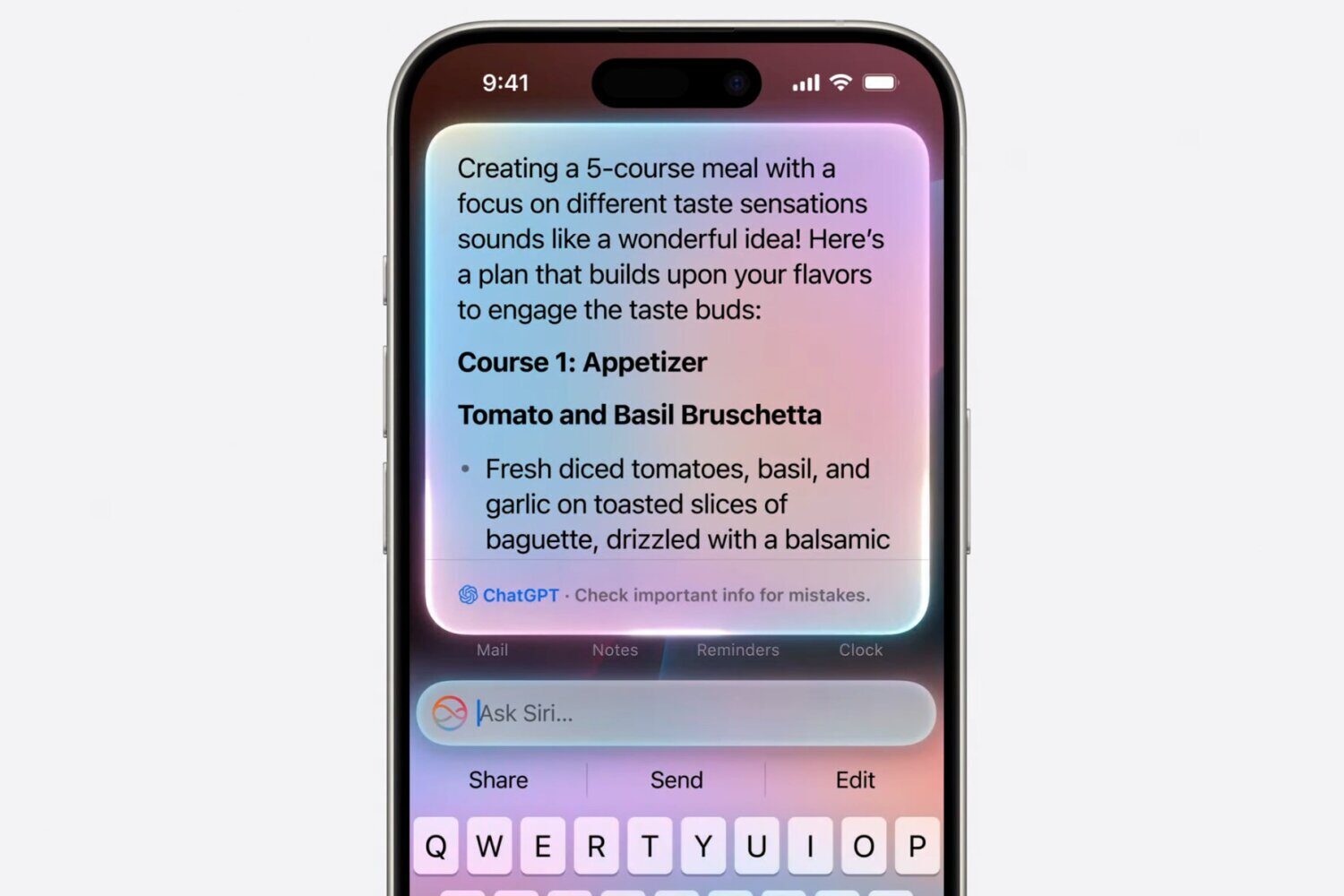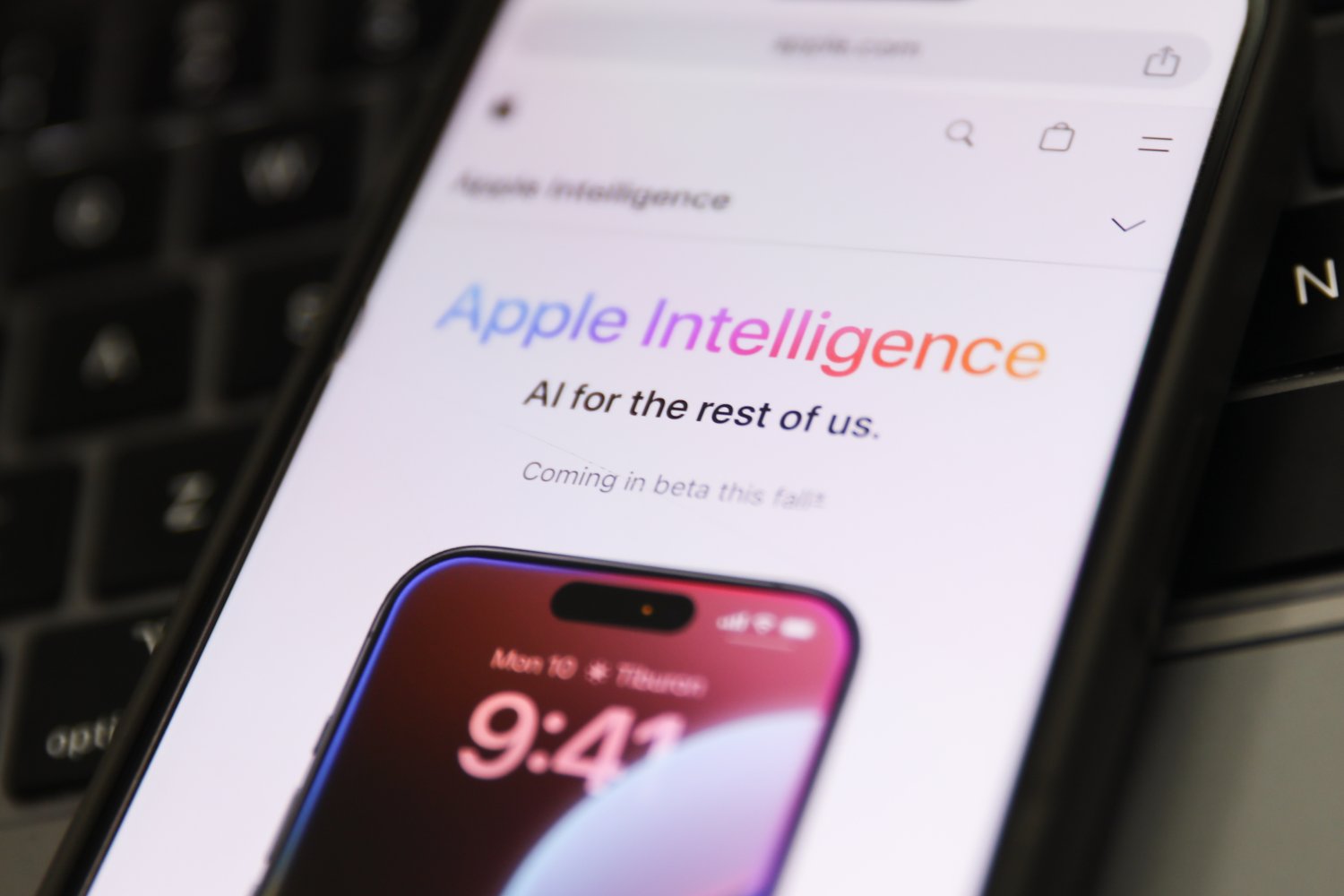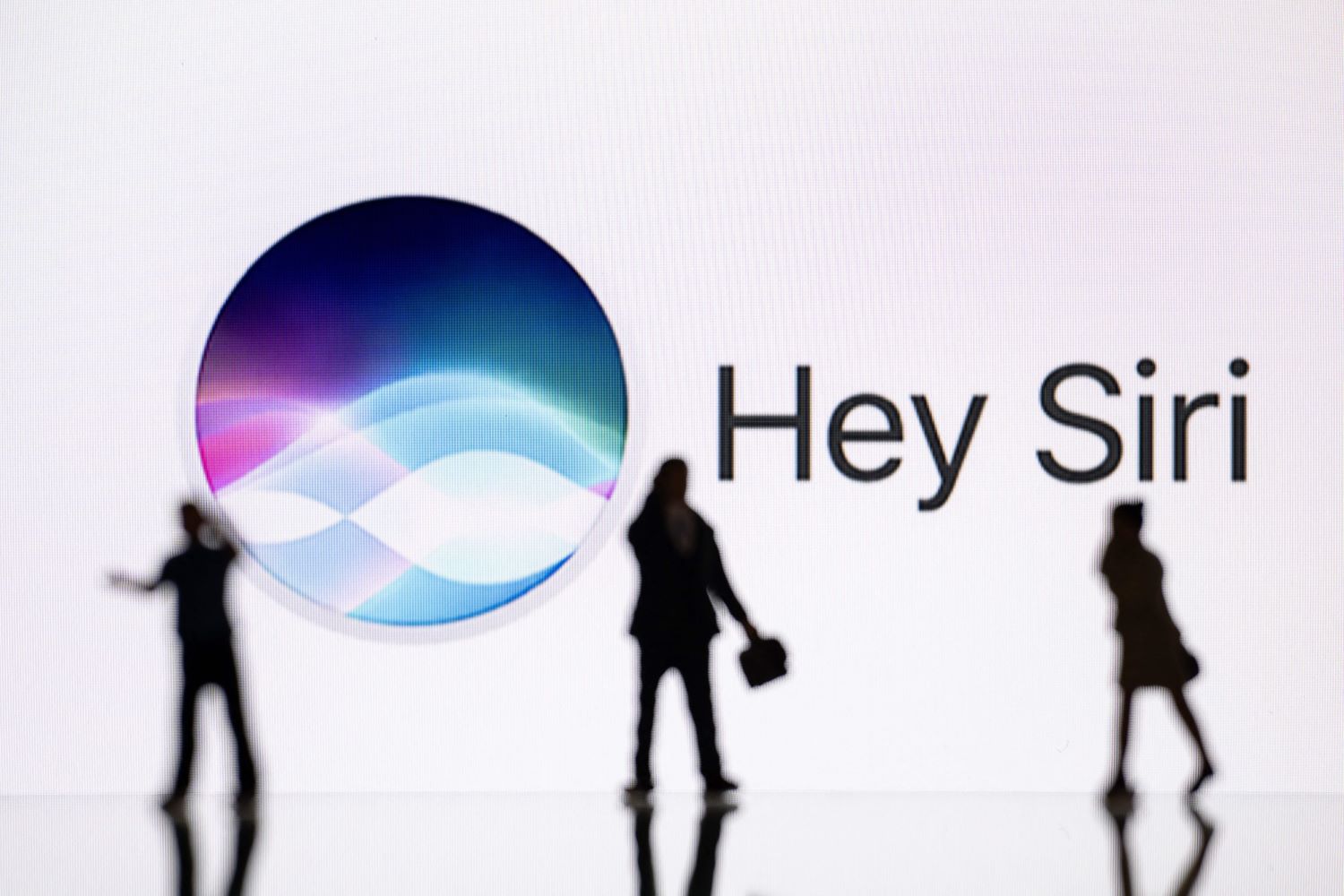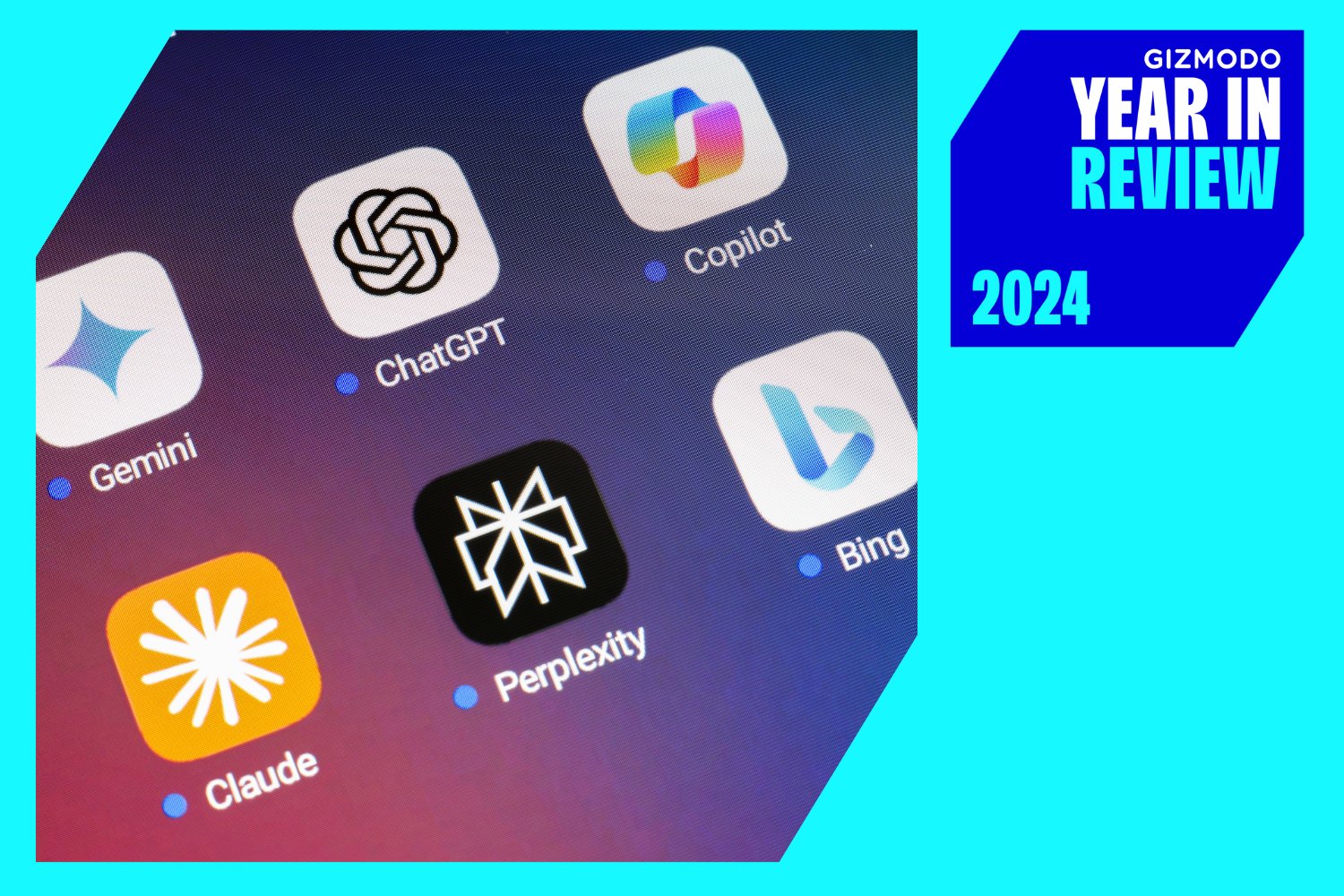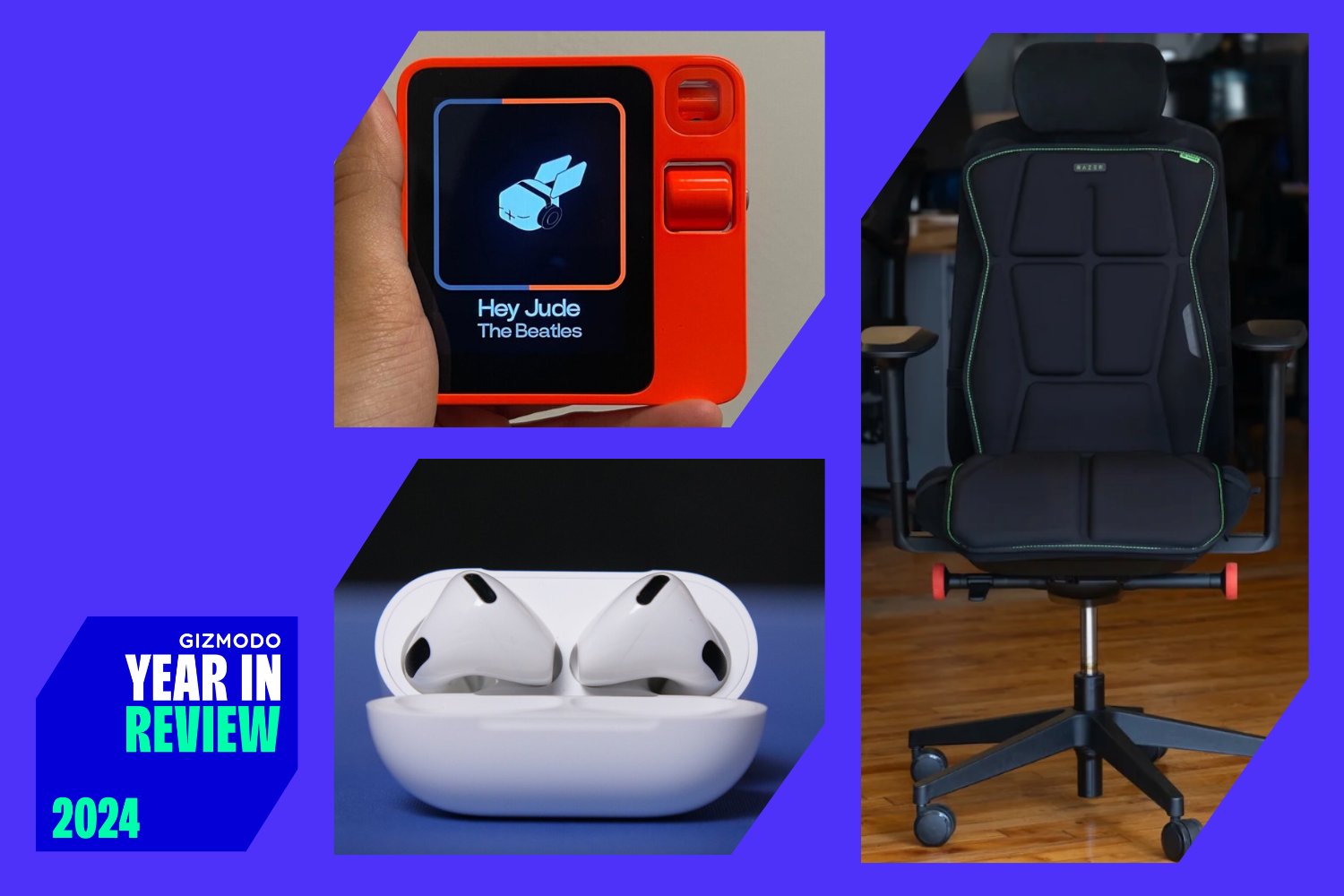After Apple announced this week that both its new iMac and iPad Pro lineup were getting its stellar M1 processor, a lot of people speculated if that meant the company was getting ready to put macOS on the iPad. And look, maybe that would be a great thing—a touchscreen Mac at long last!—but Apple is definitely not going to merge the Mac with the iPad. At least not anytime soon.
In an interview with The Independent, Apple’s head of marketing Greg Joswiak and hardware chief John Ternus said in no uncertain terms that the iPad is the iPad and Apple plans to keep it that way. The iPad will continue to run iOS, and there will not be a macOS version of the iPad.
“People say that [the Mac and iPad] are in conflict with each other. That somebody has to decide whether they want a Mac, or they want an iPad,” Joswiak told The Independent. “Or people say that we’re merging them into one. That there’s really this grand conspiracy we have to eliminate the two categories and make them one. And the reality is neither is true.”
Instead, Apple wants to make the Mac and the iPad the best in their respective categories. According to both Joswiak and Ternus, Apple doesn’t want to limit what either device can do just because of their form factor. People have workflows that span both, and people prefer using one device over the other for certain tasks. That’s something we also noted recently when comparing Apple’s approach of putting the same processor in all its devices to the Windows PC philosophy of having lots of different configuration options to choose from.
But as The Independent notes, the iPad has more power than it really needs and Apple hasn’t yet released a powerhouse app to show off its performance. For instance, Apple’s Final Cut Pro film-editing app only runs on macOS (while Adobe Premiere Pro works on both Macs and iPads). We’re still waiting to see software that makes use of the incredible new iPad Pro display, M1 processor, and Thunderbolt support. Apple continues to swear up and down that a touchscreen Mac is not happening, and that the iPad is its own separate category, and that’s true—at least for the time being. But the iPad Pro is now the most impressive tablet ever from a hardware standpoint—so where does it go from here?
Joswiak has an answer for all that: It’s better to make something too powerful to start, then bring the demanding programs to it, rather than try to run a demanding program on something that doesn’t have the power to run it. It’s all about having enough headroom, he said.
This isn’t an admission on Apple’s part that it plans to bring Final Cut Pro or other software not currently on the iPad Pro to the iPad Pro. Joswiak was tight-lipped about that in the interview, but his logic makes sense: build out the hardware and then bring the software experience. We’ll just have to wait and see what other things Apple has in store for the iPad that don’t involve macOS.

